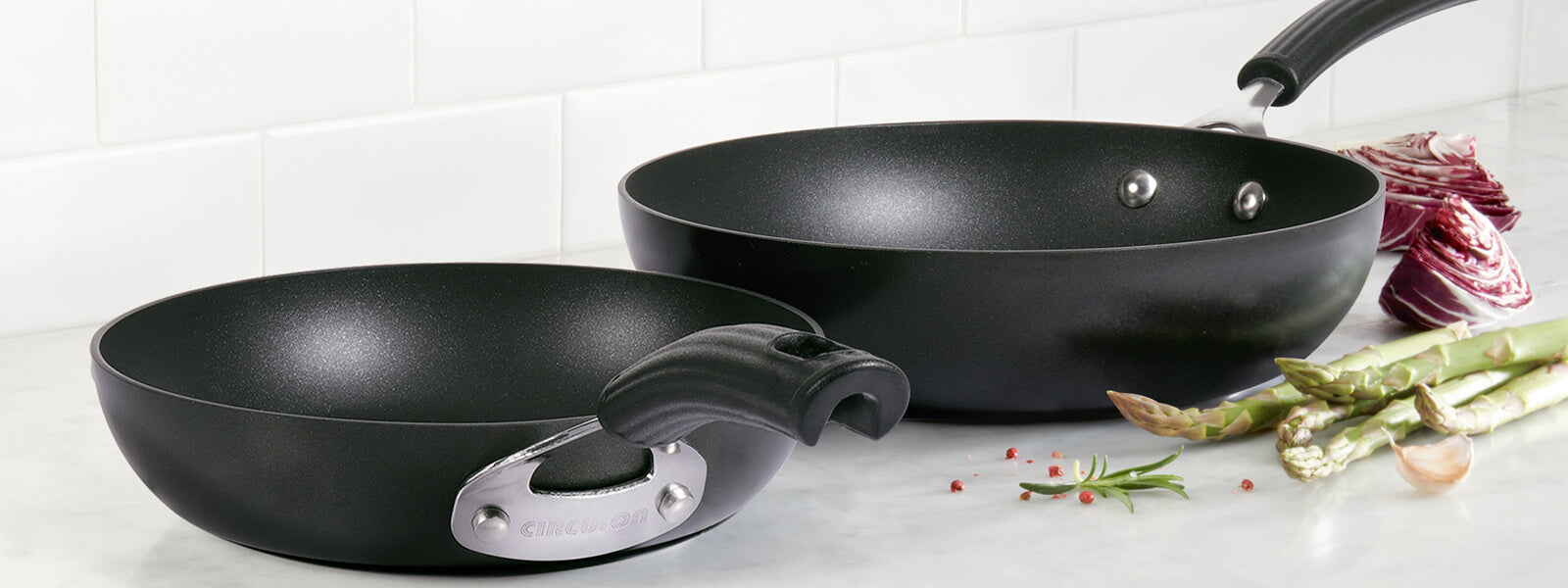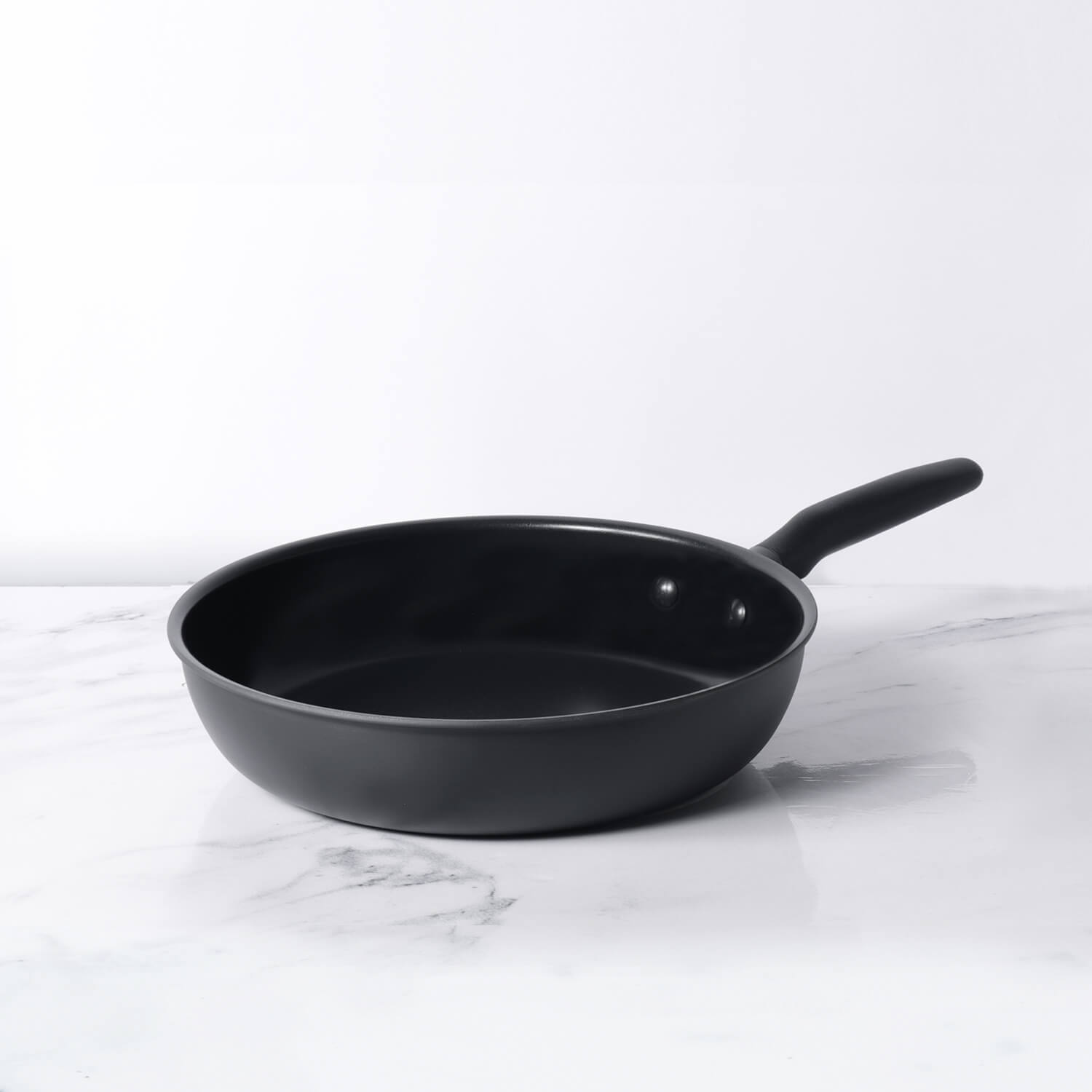Dandelion is a type of herb that has been used in traditional medicine for centuries. The leaves, roots, and flowers of the plant can be used to add flavor and color to food, or made into teas and supplements. Dandelion is thought to support blood sugar management and boost skin, liver, and heart health.
If you're looking for a natural way to support your health, try incorporating dandelion into your diet. You can find dandelion supplements at most health food stores, or add the herb to your tea or cooked dishes.
Table of Contents
What is Dandelion?
The sunflower family includes dandelion plants, which have long been valued for their therapeutic and nutritional benefits. Although there are many different types of dandelion, its scientific name is Taraxacum officinale. People are more likely to think of dandelion when you ask them what it is than a plant or herb with a variety of health advantages. After speaking with your doctor, you can consume fresh dandelion greens or even think about utilizing dandelion tablets and supplements.
The plantain lily is a perennial herb that is native to Europe and Asia. It has a rosette of leaves at the base of the plant, and a deep taproot. The stem is smooth and hollow, and the leaves are either nearly smooth-margined, toothed, or deeply cut.
Doses and supplement forms:
Fresh leaves: 4–10 grams daily
Dried leaves: 4–10 grams daily
Fresh leaf juice: 1 teaspoon (5 mL) twice daily
Fluid extract: 1–2 teaspoons (5–10 mL) daily
Fresh roots: 2–8 grams daily
Dried powder: 250–1,000 mg four times per day
Health benefits of dandelions
Dandelions are not only pretty flowers, they are also highly nutritious plants. The greens can be eaten cooked or raw and are an excellent source of vitamins A, C, and K, as well as vitamin E, folate, and small amounts of other B vitamins. In addition, dandelion greens provide a substantial amount of several minerals, including iron, calcium, magnesium, and potassium. The root of the dandelion is also rich in the carbohydrate inulin, a type of soluble fiber found in plants that supports the growth and maintenance of healthy gut bacteria. So next time you see a dandelion, don't just blow it away - give it a try! Your body will thank you.
- High on antioxidants:
Strong antioxidants are abundant in dandelion, which may help to explain why it has so many therapeutic benefits. Free radicals are chemicals produced by regular metabolism that can increase your chance of developing chronic diseases if your body's levels get too high. Antioxidants are substances that help neutralize these molecules. Antioxidants are therefore essential for maintaining your body's health.
High concentrations of the antioxidant beta carotene found in dandelions may offer defense against oxidative stress and cell damage.They contain high levels of polyphenols, another type of antioxidant.
- Cures cholesterol:
Dandelions contain bioactive substances that could lower one's cholesterol levels.
Dandelion extract has shown promise in both in vitro and in vivo studies for lowering blood lipid levels. Lipids such as triglycerides and cholesterol might be a part of this.
Although additional research is required, it's likely that people can use dandelion to cure excessive cholesterol.
- Blood sugar regulation:
Some research points to the presence of substances in dandelion plants that may aid in blood sugar regulation.
- Reduce inflammation:
According to certain research, dandelion extracts and components may aid in reducing bodily inflammation.
- Regulates blood pressure:
If you're looking to reduce your blood pressure, dandelion leaves may be a good option. They're a rich source of potassium, which has been shown in clinical studies to help lower blood pressure. In fact, one meta-analysis found that people taking a daily potassium supplement saw a significant reduction in their blood pressure.
- Aids in weight loss:
If you're looking to shed a few pounds, dandelions may be worth considering. Some research suggests that compounds in the plant could promote better carbohydrate metabolism and reduced fat absorption. Plus, dandelion is low in calories and high in fiber, making it a great addition to any weight loss plan.
- Boosts immune system:
It's not just the bright yellow flowers of the dandelion that can be helpful to our health - the entire plant is packed with nutrients and medicinal properties. Dandelions are a rich source of vitamins A, C, and K, as well as minerals like iron, calcium, and potassium. They also contain high levels of fiber.
- Good for bones:
Dandelion greens are a good source of calcium, which is essential for strong bones. They also contain antioxidants such as luteolin and vitamin C, which can help protect against age-related bone damage. Additionally, dandelion greens can help keep joint troubles at bay by reducing inflammation.
- Prevents cancer:
There are many benefits to incorporating dandelions into your diet. Not only are they a rich source of antioxidants, but they also contain fiber which can help to clear out toxins from the colon. This, in turn, lowers the chances of developing intestinal cancers. Additionally, dandelions keep the urinary tract healthy, which further reduces the risk.
Healthy dandelions recipes:
Dandelion-Tofu Salad
Start by crushing garlic and saute it in olive oil. Stir in the cubes of tofu, steaming red kidney beans, and chopped chilli peppers. After a few minutes, remove from heat and stir in salt, dandelion greens, and sesame seeds. Dandelion flower petals can be used to decorate this nutritious salad.
Dandelion Sandwich Spread
This healthy cheese spread is perfect for adding to sandwiches and burgers. The dandelion greens add a bitterness that is offset by the sweetness of the cheese, while the crushed almonds give it a nutty flavor. You can adjust the amount of chili flakes to suit your taste.
Add low-fat grated cheese of your choice to a mixing bowl. Add plenty of dandelion greens, crushed almonds, salt, dried mint powder, black pepper, and a few chilli flakes to it. Use this spread on your veggie burgers and sandwiches.











Leave a comment